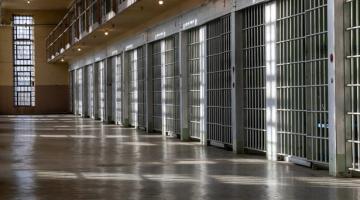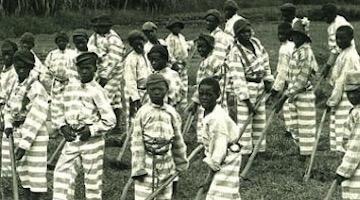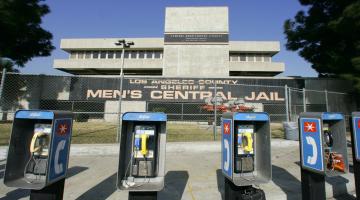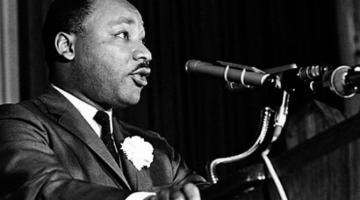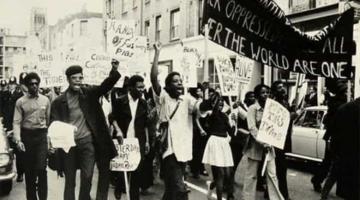Related Stories
Reuven Blau
After a damning revelation eight years ago, state leaders changed the make-up of the Parole Board to combat inequality.
Editors, The Black Agenda Review
Assata Shakur exposes the conditions faced by incarcerated Black women in a powerful 1978 essay.
Netfa Freeman
The US political elite and their elite press are using the fraudulent claims about a “crime wave” as an ideological offensive, a backlash, agai
Tamar Sarai Davis
The ‘slavery clause’ made the passage of restrictions targeting Black people like the Black Codes possible as well as convict leasing of
Lisa Armstrong
Prison officials could have prevented sickness and death by releasing those who were most vulnerable to coronavirus and least likely to reoffend —
Henry A. Giroux
The same activists who are working to defund the police are also part of a collective movement to bring an end to neoliberal capitalism.
Chris Gelardi
“Police can call you a gang member because they observed you with other gang members, who they declared gang members because they were with other g
Weihua Li, Beth Schwartzapfel, Michael R. Sisak and Camille Fassett
Judges, prosecutors and sheriffs in many states sent people home instead of to jail last year, but new data suggests the change is not lasting.
H. Claire Brown
The small world of prison food production is a microcosm of the American food system, which all too o#en functions as a race to the bottom.
Adam Mahoney
After first being forced to live in chemically toxic communities, Black and Brown people are then incarcerated in jails where they cannot escape so
More Stories
- Anthony Rogers-WrightPreserving the Black Radical Tradition demands struggle not only against white supremacists, but also against the co-opted Black political class who actively support the very evils Dr. King named.
- Mark P. FancherAfricans in the U.S. must weaponize their position and sabotage imperial projects from the inside. Black revolutionaries must modify traditional strategy.
- Jamal AbdulahiIsrael's recognition of a breakaway region in Somalia has redrawn the map of the Horn of Africa, pitting two oil-rich Gulf powers against each other and forcing the U.S. to delay its imperial plans…
- Monique Welch-RutherfordHarris County, home to a world-renowned medical center, holds the worst maternal death rate for Black women in the entire nation. This staggering statistic represents a systemic failure that subjects…
- Orinoco TribuneVenezuela's official stance remains one of principled anti-imperialism. Internal discussions reflect the complex realities of navigating a crisis.

